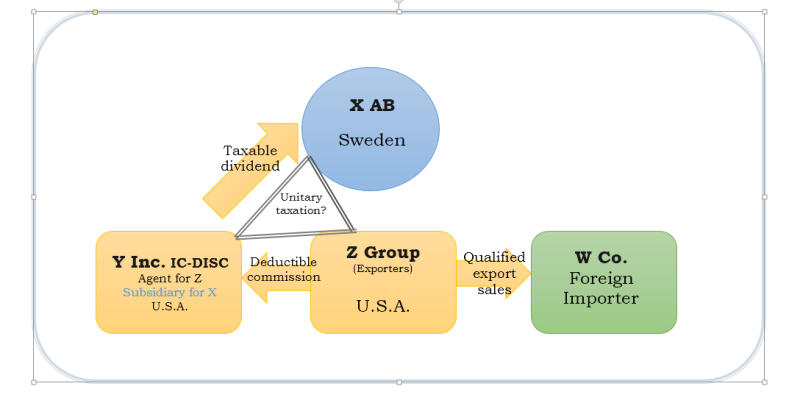Would Actions 14/15 improve the judicial protection of taxpayers in the EU?
The transition from bilateralism to multilateralism in regard of international law-making seems to be a relentless work in progress. Nobody contests that multilateralism would be – legally speaking – preferable. On the other hand, the governments of the G20 have been constantly hesitant regarding a multilateral surveillance of their macroeconomic policies. Formally, the treaties are…

